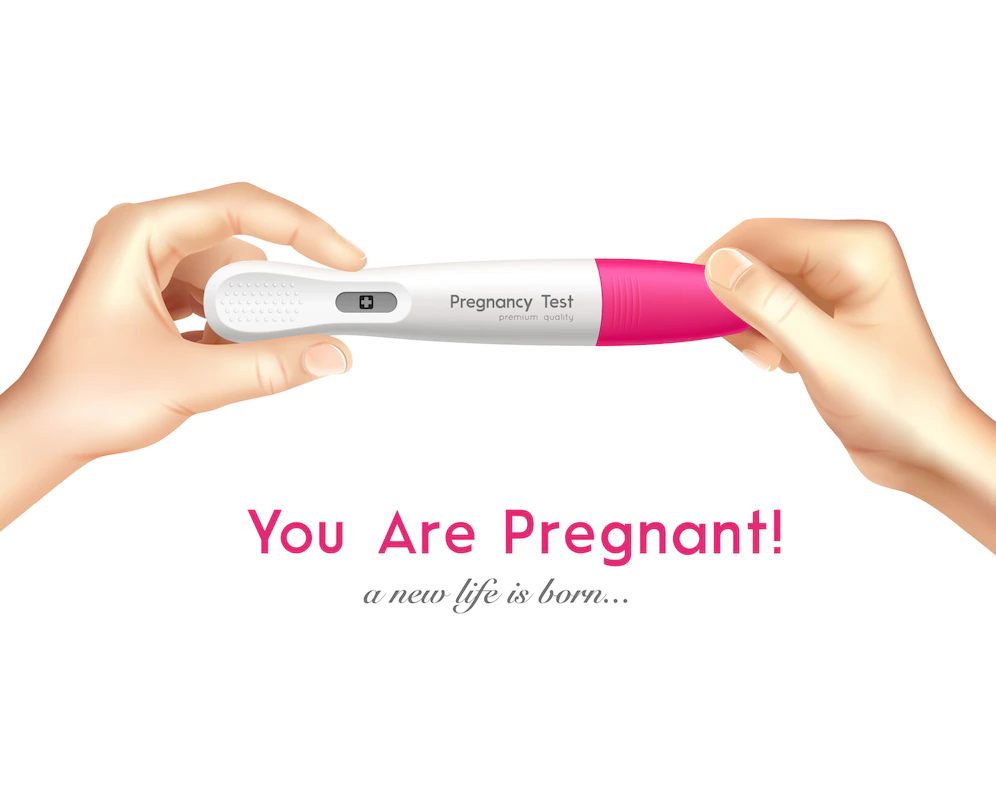DFI, or DNA Fragmentation Index, is a parameter used in the field of in vitro fertilization (IVF) to assess the quality of sperm. It measures the integrity of DNA within sperm cells, indicating the level of damage or fragmentation present. A high DFI indicates a higher percentage of fragmented DNA, which can negatively affect sperm function and potentially reduce the chances of successful fertilization and embryo development.
DNA fragmentation in sperm can occur due to various factors such as oxidative stress, infection, age, exposure to environmental toxins, and certain lifestyle choices like smoking or excessive alcohol consumption. High levels of DNA fragmentation have been associated with reduced fertility, increased risk of miscarriage, and lower success rates in assisted reproductive techniques such as IVF and intracytoplasmic sperm injection (ICSI).
By assessing DFI, fertility specialists can determine the extent of DNA damage in sperm and tailor treatment plans accordingly. Depending on the individual case, strategies to mitigate DNA fragmentation may include lifestyle changes, antioxidant supplementation, or advanced laboratory techniques like sperm selection or DNA repair protocols. Addressing DFI can improve the chances of successful fertilization, embryo development, and ultimately increase the likelihood of a healthy pregnancy in couples undergoing IVF





